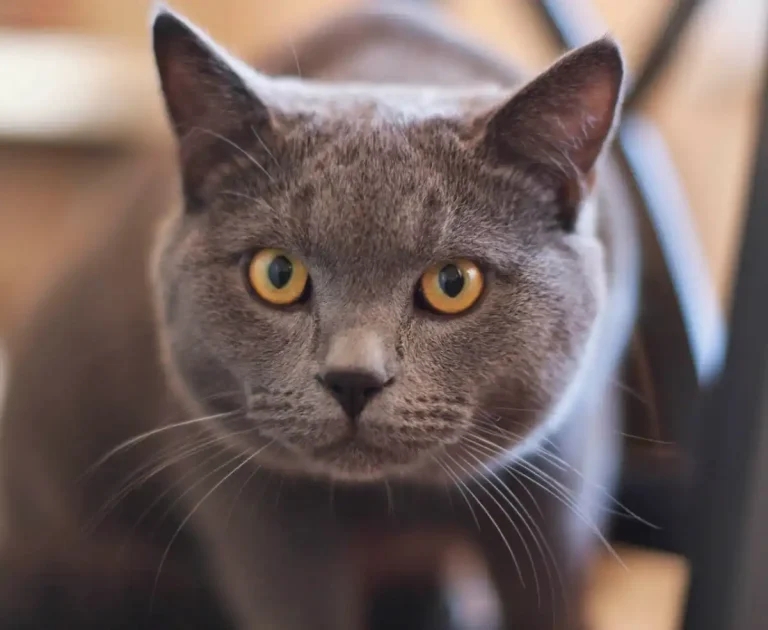27 Oct 2025
The authors argued that framing cat confinement as being categorically beneficial for the pets as well as wildlife is “misleading”.

Stakeholders urging pet owners to keep cats indoors should abandon “false win-win narratives” by presenting their confinement as beneficial for both wildlife and cats, a new paper has argued.
The opinion paper, published in Animal Welfare, argued the effects of confinement on cat welfare are not as categorically positive as portrayed by some conservationists, regulators and policymakers.
Its authors called on stakeholders to acknowledge that confining cats to protect wildlife is a welfare trade-off, rather than being beneficial to both parties.
The researchers did not dispute cats’ potential ecological impact on local wildlife or the efficacy of confinement on mitigating such impacts, acknowledging “the benefit to wildlife is undeniable”.
However, they said the assertion “that confinement is good for cats is a major leap” and “highly dubious”.
While confined cats face fewer risks from injury, parasites and infectious disease, the authors argued not to conflate safety and physical health with welfare.
They noted the need to express natural behaviours and for positive mental experiences, which can vary significantly between their owners and the indoor environments in which they’re kept.
The authors argued while confined cats may generally be safer, they still “face significant welfare risks, just of a different nature”.
Indoor cats are reported to have more behavioural problems and are said to be more predisposed to obesity and related conditions, urologic conditions, hyperthyroidism and odontoclastic resorptive lesions.
The authors likened confining cats to using farrowing crates or battery cages, noting that while they are much more restrictive, “this difference is only a matter of degree”.
The paper concluded that given the trade-offs involved, presenting clear-cut “win-win” narratives undermines credibility and public trust in conservation and welfare organisations and potentially science itself.
Lead author Carmen Glanville warned against such “unintended consequences”, adding: “We are not saying that cats shouldn’t be contained where there is sound evidence of owned cats contributing to biodiversity loss.
“But the ‘win-win’ narrative fails to prepare owners for the behavioural and welfare implications of containment, thereby threatening both cat welfare and the efficacy of containment campaigns.”
Co-author Jordan Hampton added: “I am very sympathetic to any efforts made to preserve biodiversity, including through efforts to lessen predation from cats.
“However, recognition of the welfare costs of confinement (particularly in livestock) has been central to the modern conception of animal welfare.
“To overlook these costs in the context of pet cats is likely to have detrimental long-term consequences.”